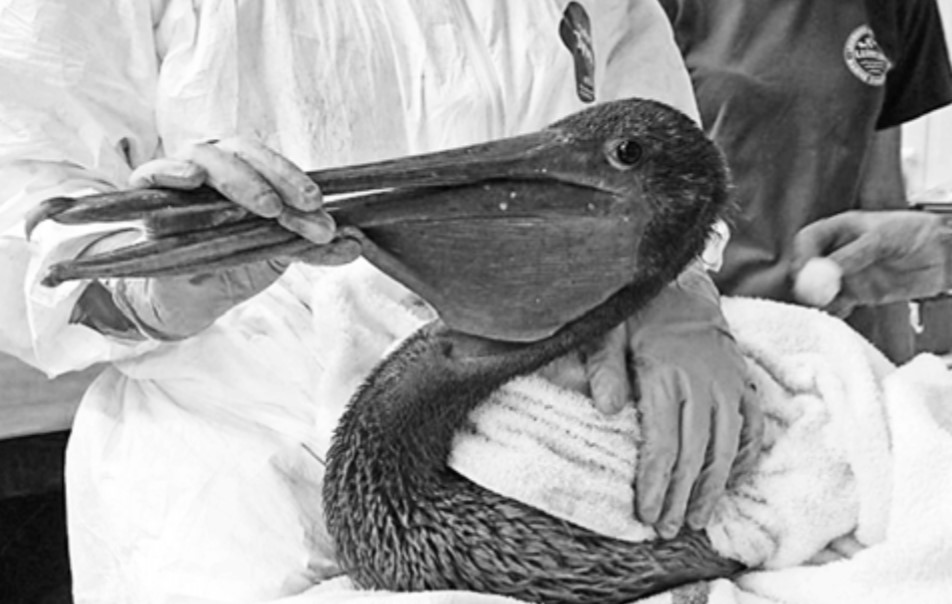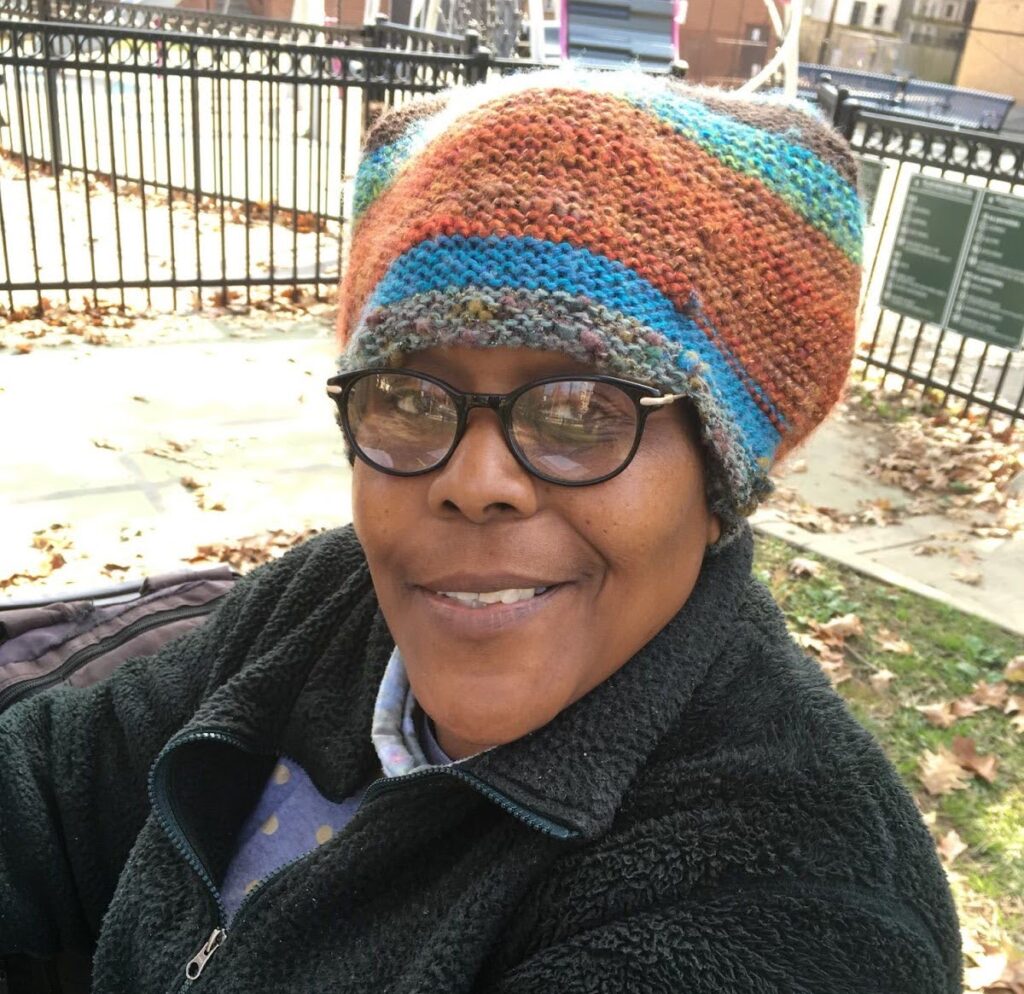Antoine Carmouche (Car-moocher), a third-generation fisherman living in Grand Isle, La., is of Creole descent and has fished since he was born. His father was a shrimper and his grandfather was a commercial fisherman. Fishing is in his blood. When he was young, little Antoine would troll for shrimp and other shellfish. He cherished the opulence and beauty of the bayous and wetlands that flowed from the Mississippi River into the Gulf of Mexico.
Antoine’s family depended on the Gulf as a source of food and as a place for recreation. His grandparents would cook fresh Creole shrimp, jambalaya and other fish caught in the Gulf. After evening meals, Creole-style festivities, such as dancing, beer drinking and peeling shrimp, began as local Creole and Cajun bands played music late into the night.
Antoine would slip away until the wee hours of the morning to watch the sunrise in the marshes, taking his skiff and roaming through the bayous as the alligators peeped their heads above the surface, then lowered them back into the murky waters as he approached.
Antoine marveled at the sky as blue herons skillfully hunted minnows to feed their chicks, which indicated the start of fishing season. His favorite birds were the brown pelican and the roseate spoonbills, which vacationed in the wetlands to mate and rear their chicks. The Gulf is important to humans who depend on fish and wildlife, but is also a vital part of an ecosystem that is home to many species of birds and fish that are found nowhere else.
Antoine considered himself the shepherd of a delicate ecosystem that existed millions of years before the first man settled in the Gulf. He told fish tales and his favorite story was about fighting a yellow fin tuna for three hours, only to have his fishing line snap.
Antoine loved telling the history of Grand Isle and how a Creole spirit protected his family from powerful storms, including hurricanes Camille and Katrina. He let tourists know that he stayed to rebuild his home after others fled to the inland to seek better refuge.
Despite harsh living conditions on the bayous, Antoine managed to save $5,000 to buy a fishing boat which led to a $1 million company that employs more than 500 people.
Grand Isle’s economy relied on Antoine’s company, which made local businesses prosper when the fishing industry thrived. Jobs were created in Grand Isle and local businesses used Antoine as their exclusive supplier of seafood because he offered the most reasonable prices. Although Antoine was a businessman, he worked with many nonprofits and churches that fed poor and homeless individuals. He provided fish so no one in Grand Isle would starve.
Not a capitalist who focused solely of profit, Antoine was active in the community and spoke against the sleaze of unprincipled politicians who wanted to turn the bayous and wetlands into an industrial park. He was a visionary who saw the perils in allowing Fortune 500 companies to seek a sanctuary for tax breaks in Grand Isle. Antoine felt that the people of Grand Isle would not benefit from these businesses because large companies sought poor immigrants and minority workers willing to work for cheap wages. Antoine ran for mayor as an independent maverick outsider who could not be bought like a politician. His opponent, a Republican named David Bujeau (Bu-jo), owned an oil drilling company named Greasy Oil.
David illustrated potential profits with charts and graphs, exhibiting the potential millions of dollars that could be pumped into Grand Isle’s economy if an oil rig was drilled outside the wetlands. He assured voters that this oil investment would be safe and those who lived in Grand Isle would be considered first when the company hired employees.
David was colorful and charismatic as he painted a picture of the prosperity that accompanied oil drilling.
Although Antoine was passionate about the environment, he could not compete with the Bujeau machine. He lost the fight against corporate polluters. Greasy Oil was coming and could not be stopped.
Bujeau won the election, eliminating many of the politicians who vetoed drilling on wetlands and the regulations that restricted oil drilling. He allowed one corporate ally to build a landfill adjacent to one marsh.
Soon after the landfill was built, residents complained about sickness from chemicals seeping into estuaries. Those whose livelihood depended on fishing saw dead fish lying on beaches at an alarming rate. Catches became smaller and smaller, while oil prices for running boats increased. The final nail was hammered into the coffin when the Bujeau administration lifted a ban preventing foreigners from fishing in the Gulf, causing overfishing that endangered many species of fish and wildlife.
The Bujeau administration finally obtained the permits to drill and Greasy Oil set up rigs. It was not long before residents realized what was happening to their way of life. Today, Grand Isle is no longer a natural treasure. It is now an industrial park where factories and building contractors tear up the wetlands to pave roads and highways.
Tears fill Antoine’s eyes when dead pelicans float up from the water. Their death is caused by the oil running through the marshes. Because of the strain on his family since it is no longer profitable to fish, Antoine visits a therapist. However, he sees hope. After everyone noticed what was happening to the wetlands, people from all around the country protested to kick the companies out.
In the next election, the people of Grand Isle will vote for a progressive leader who does not allow polluters into their community. They are presently trying to preserve the wildlife that has been damaged by capitalism.







